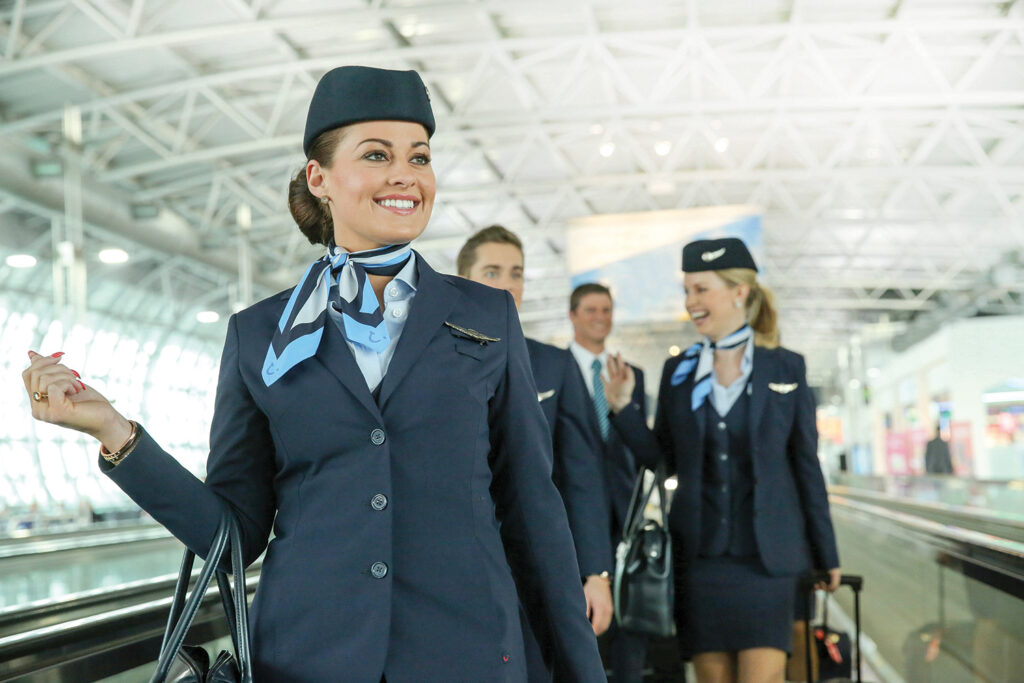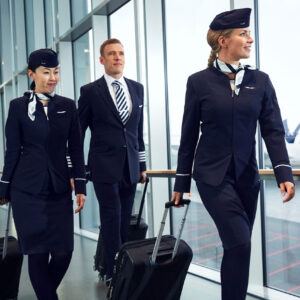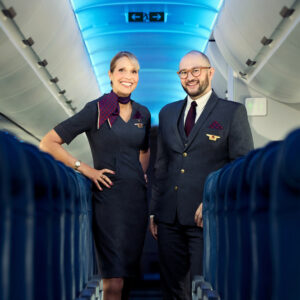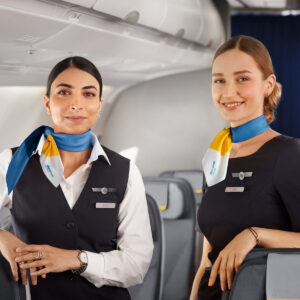Have you ever dreamed of a career that takes you to the skies, where each day brings new adventures and opportunities to serve others? If the idea of jet-setting around the world, providing exceptional service, and embracing cultural diversity excites you, then the role of cabin crew might just be your perfect fit.
Let’s dive into the captivating world of cabin crew and uncover the diverse responsibilities, essential skills, qualifications, work schedule, and promising career prospects that await those who choose to soar with us.
Related: Cabin Crew Meaning: Exploring the Definition and Importance
Safety and Security Guardians
As cabin crew members, ensuring the safety and security of passengers is our top priority. From conducting pre-flight safety checks to responding swiftly to emergencies, we are the frontline protectors of passenger well-being. For example, during turbulence or medical incidents, we provide reassurance and assistance, showcasing our commitment to passenger safety.
Customer Service Excellence
At the heart of our role is delivering unparalleled customer service with warmth and professionalism. Whether it’s assisting with boarding procedures, attending to passenger requests, or serving inflight meals with finesse, our goal is to create a memorable and comfortable journey for every traveler.
For instance, going above and beyond to accommodate dietary preferences or special occasions demonstrates our dedication to passenger satisfaction.
Cultural Sensitivity and Inclusivity
In an increasingly globalised world, we must navigate cultural nuances with grace and respect. From greeting passengers in multiple languages to accommodating diverse cultural practices, we serve as ambassadors of inclusivity and cultural sensitivity.
For example, understanding cultural taboos or customs ensures that every passenger feels valued and respected throughout the journey.
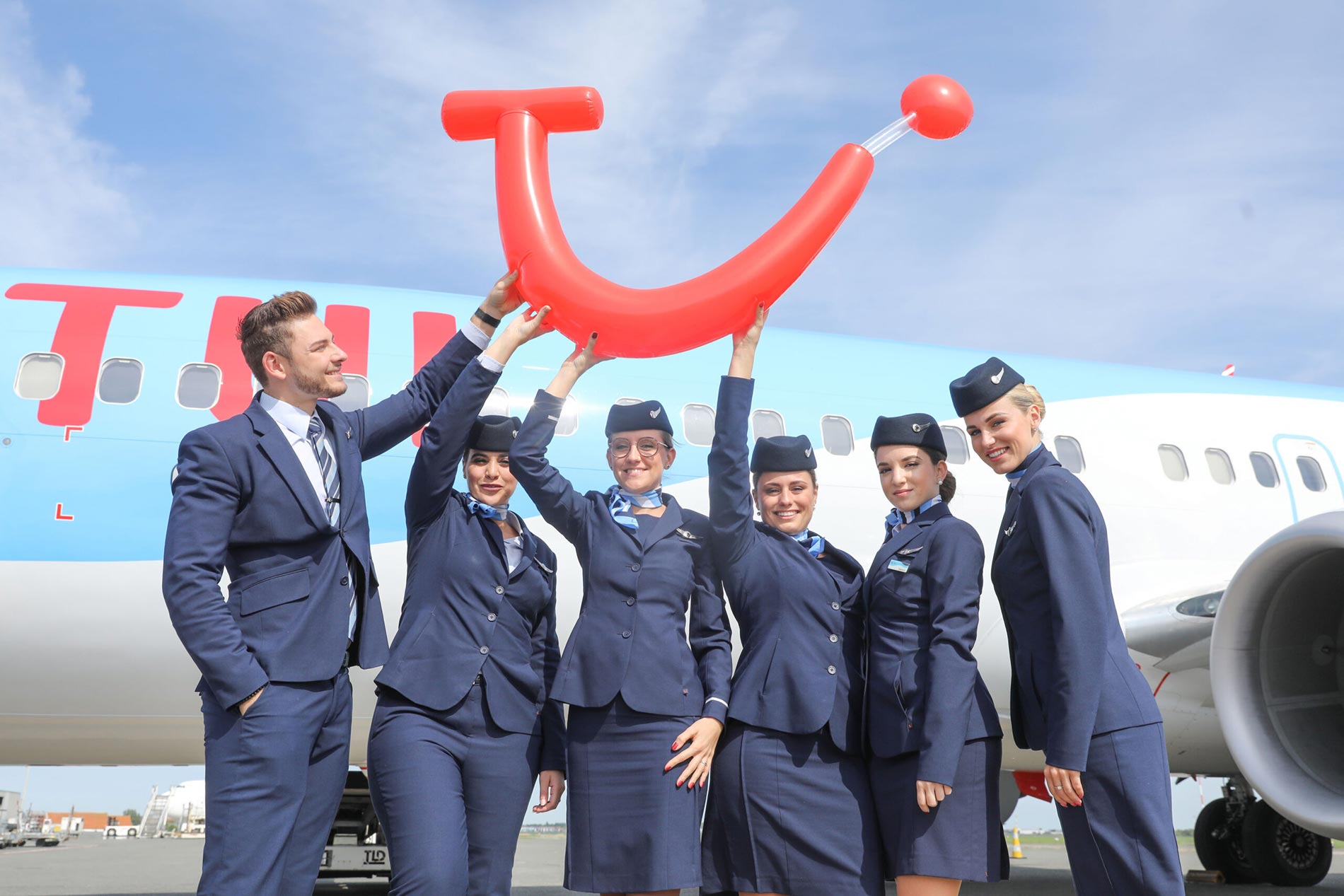
Team Collaboration
Collaboration is essential in the fast-paced aviation environment, and as cabin crew, we excel at working seamlessly as a team. Whether it’s coordinating inflight service operations, managing cabin logistics, or supporting colleagues during challenging situations, our ability to communicate effectively and work together ensures a smooth and efficient flight experience.
For instance, during irregular operations such as flight delays, we collaborate to minimize passenger inconvenience and maintain a positive atmosphere onboard.
Adaptability and Resilience
The dynamic nature of air travel demands adaptability and resilience from cabin crew members. From adjusting to changing schedules and flight conditions to managing unexpected challenges with poise and composure, our ability to adapt to evolving situations is essential for maintaining passenger comfort and safety.
For example, handling irate passengers or disruptive incidents requires quick thinking and a calm demeanour, highlighting our resilience in challenging circumstances.
Latest Cabin Crew Jobs
Discover the latest Cabin Crew job opportunities – explore our Cabin Crew Job Board.
Professionalism and Image
As representatives of the airline brand, we embody professionalism and sophistication in every interaction. From immaculate grooming standards to polished communication skills, we uphold the highest standards of appearance and conduct. Whether it’s welcoming passengers with a warm smile or resolving conflicts with diplomacy and tact, our professionalism leaves a lasting impression on passengers and reinforces the airline’s reputation for excellence.
Conclusion
Embarking on a career as cabin crew is an exciting journey filled with adventure, service, and growth opportunities. If you’re ready to take flight into a world of endless possibilities, join us on this exciting adventure. Subscribe to our newsletter today for insider insights, career tips, and exclusive opportunities to kickstart your cabin crew career!


